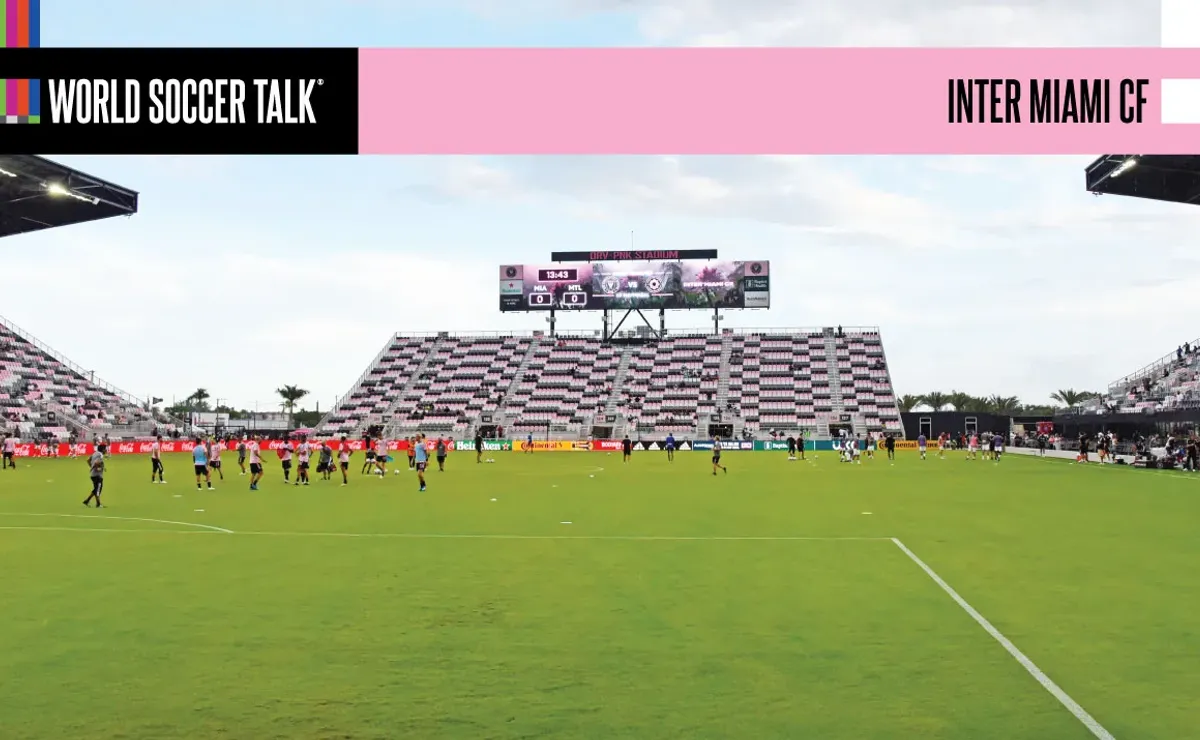How Real Estate Developers Are Teaming Up With Social Media Influencers
In May, the Waldorf brand invited Aysedeniz Gokcin, a Turkish pianist with 105,000 followers on Instagram, to come to New York and film herself playing Cole Porter’s historic original Steinway grand piano, which sits in the Waldorf’s sales gallery. She was joined by her fellow Turkish performer Kaan Sekban, who has more than 500,000 Instagram followers, and together the duo sang Frank Sinatra’s “New York, New York.”
It was more than a fun stunt. Waldorf was carefully tracking traffic from the event, and it was pleased by the social media impressions — more than 1.5 million — that were generated.
Ms. Gokcin bristles at the term “influencer” — a classically trained pianist, she stayed at the Waldorf Astoria hotel at age 11 when she traveled from Turkey to audition at the Juilliard School, and she said the opportunity to collaborate with the brand was a personal thrill.
“It wasn’t transactional,” she said. “Touching a piano that is so legendary was magical.”
Influencer marketing, a $24 billion industry, has been spreading across TikTok, Instagram and Facebook for more than a decade, with beauty, fashion and sports brands some of its earliest and most eager adopters. Residential real estate, where traditional advertising channels of print marketing, billboards and word of mouth have long dominated, has been slower to warm to the idea.
But during the pandemic, the trend gained a foothold in Florida, which had a more laissez-faire approach to Covid-19 restrictions than other states and where an influx of new residents — nearly 1,000 every day in the pandemic’s early months, according to some estimates — was followed by a boom in luxury construction and sales. In 2021, the number of multifamily properties sold in South Florida totaled $11.4 billion, more than double the previous sales record, $5.5 billion, in 2016.



